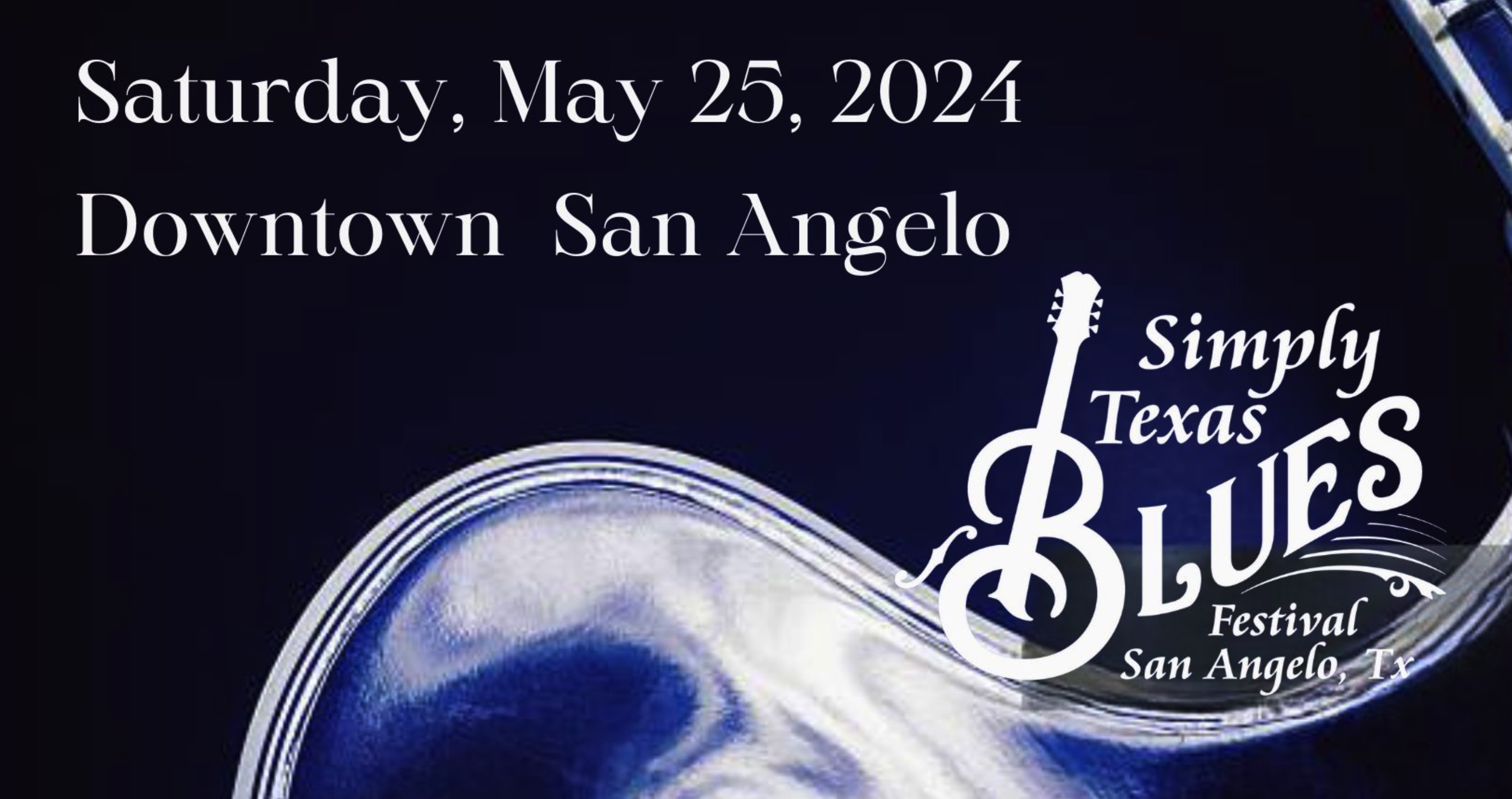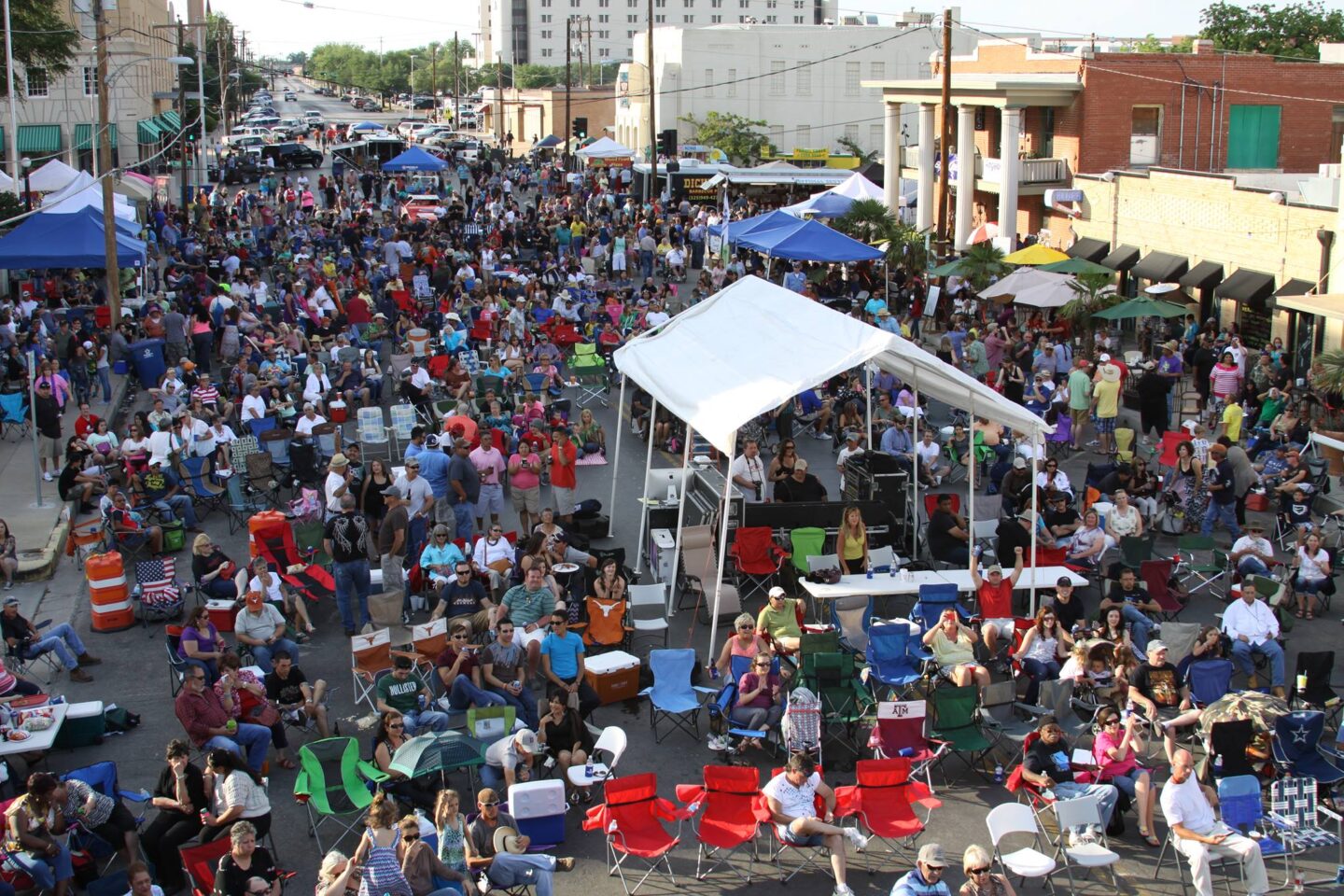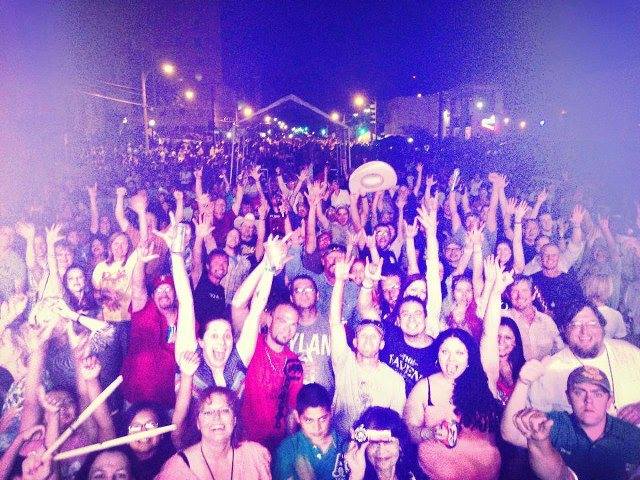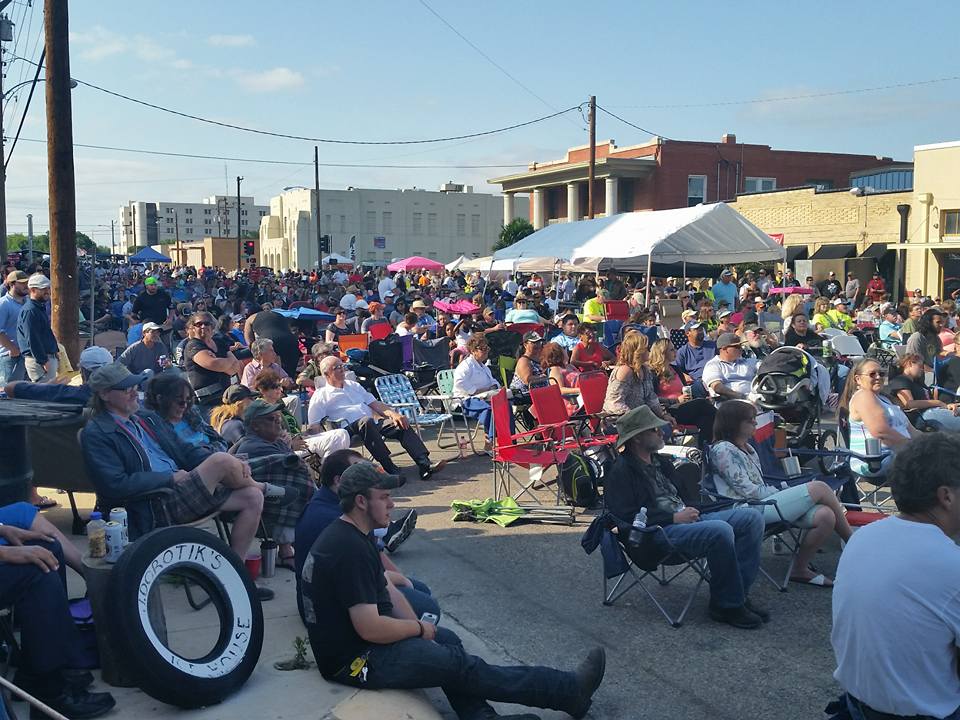San Angelo, Texas, may be a small city, but every year it becomes a hub of musical excitement and cultural celebration thanks to its renowned Blues Festival. This festival, which has been a staple of the community for decades, is a vibrant event that attracts blues enthusiasts from far and wide. It showcases a rich history, dynamic performances, and a profound impact on the local community.
The Beginnings of the Blues Festival
The San Angelo Blues Festival began in the early 1990s as a small gathering of local musicians and blues aficionados who wanted to celebrate and preserve the blues tradition. Inspired by the genre’s deep roots in African American history and its influence on American music, the festival aimed to provide a platform for both established and emerging blues artists.
The festival’s inception was modest, held in a local park with a makeshift stage and a handful of vendors. However, the passion and enthusiasm of the organizers and attendees quickly turned it into an anticipated annual event. Early festivals featured local legends and traveling blues musicians who brought a raw, authentic sound to the heart of Texas.
The Role of the San Angelo Blues Society
The San Angelo Blues Society plays a crucial role in organizing and maintaining the festival. This dedicated group of blues enthusiasts works tirelessly to ensure the festival’s success year after year. Their efforts include everything from securing talent and managing logistics to promoting the event and engaging with the community.
At the heart of the Blues Society’s efforts is Board President Alexandra Cunningham. Known for her boundless energy and deep love for the blues, Cunningham has been instrumental in shaping the festival’s vision and ensuring its smooth execution. Her leadership and passion have helped the festival grow and thrive, making it a beloved tradition in San Angelo.
Growth and Evolution
Over the years, the San Angelo Blues Festival has grown exponentially. From its humble beginnings, it has evolved into a major event on the city’s cultural calendar. The festival now spans an entire weekend, usually held in late spring or early summer, when the weather is perfect for outdoor festivities.
The event has moved to larger venues to accommodate the increasing number of attendees. The festival grounds are now equipped with professional stages, sound systems, and ample space for vendors, food trucks, and craftspeople. This growth has allowed the festival to attract bigger names in the blues world, from Grammy-winning artists to internationally acclaimed performers.
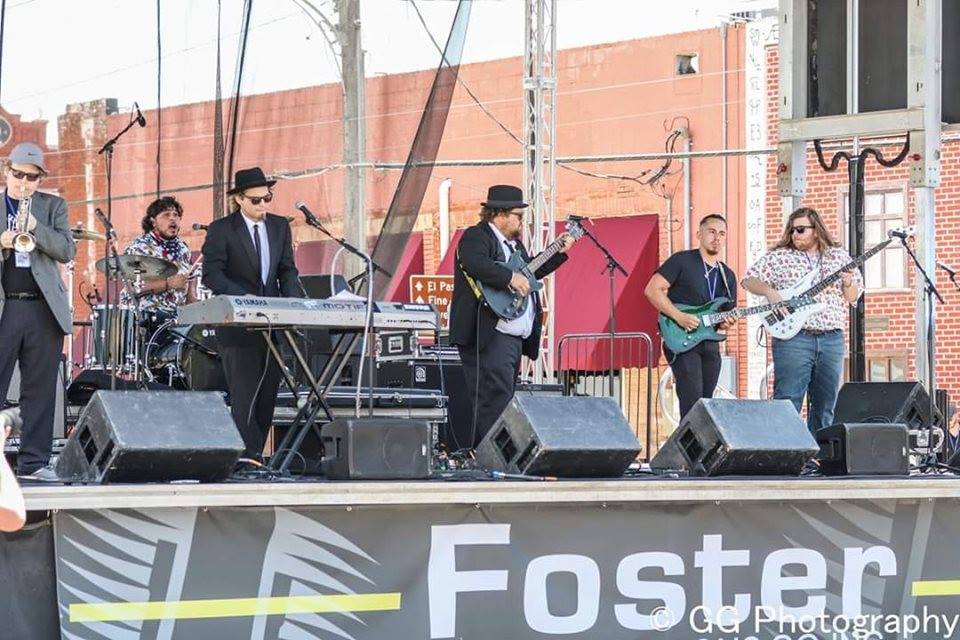
The Festival Experience Today
Today, the San Angelo Blues Festival is a vibrant, multi-faceted event that offers something for everyone. The music, of course, is the main attraction. The festival features a diverse lineup of blues genres, from delta and Chicago blues to blues rock and soul. Attendees can enjoy performances from early afternoon until late at night, with multiple stages ensuring there’s always something happening.
In addition to the music, the festival has become a celebration of Southern culture. Food vendors offer a taste of local and regional cuisine, with an emphasis on barbecue, Tex-Mex, and soul food. The aroma of smoked meats and spicy dishes fills the air, adding to the sensory experience of the festival.
Artisans and craftspeople set up booths to sell handmade goods, from musical instruments and artwork to clothing and jewelry. This aspect of the festival highlights the creativity and entrepreneurial spirit of the community, giving local businesses and artists a chance to showcase their work.
Family-friendly activities have also become a staple of the festival. Kids’ zones with games, face painting, and musical workshops ensure that even the youngest attendees can participate in the fun. This inclusivity has helped the festival build a loyal following across generations.
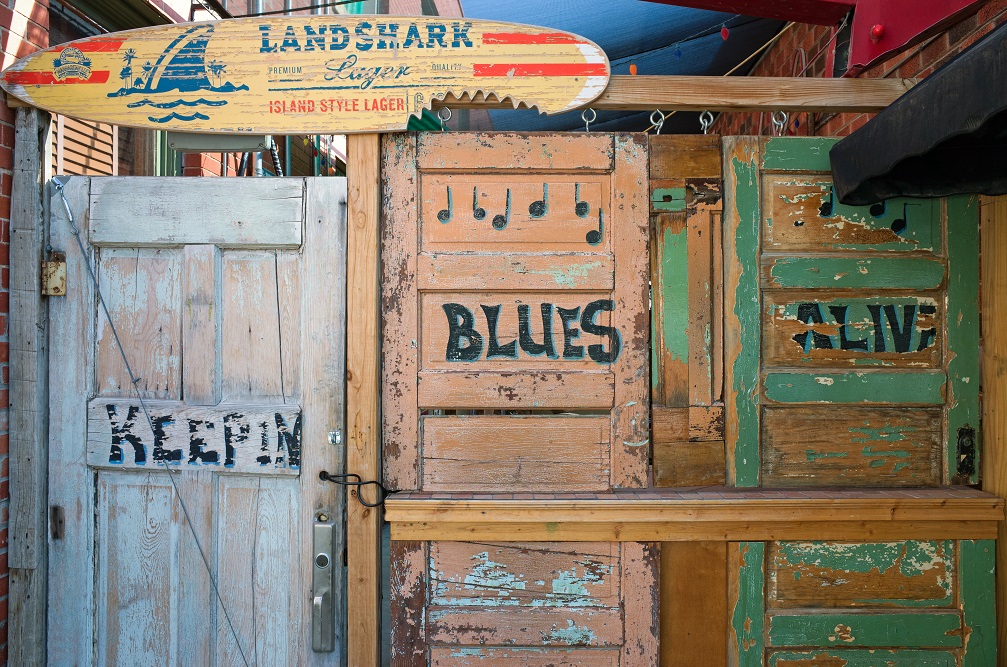
Impact on the Community
The San Angelo Blues Festival has a profound impact on the local community, both economically and culturally. Economically, the influx of visitors during the festival weekend provides a significant boost to local businesses. Hotels, restaurants, and shops see increased patronage, and many local vendors rely on the festival as a major source of annual income.
The festival also promotes tourism in San Angelo. Visitors who come for the blues often stay to explore the city’s other attractions, from the historic Concho Avenue and Fort Concho to the San Angelo State Park. This extended tourism helps sustain the local economy beyond the festival itself.
Culturally, the festival fosters a sense of community and pride. It brings people together from diverse backgrounds, united by their love of music. The festival also plays a crucial role in preserving the blues genre, introducing it to new audiences, and ensuring its legacy continues. Local schools and music programs often collaborate with the festival, providing educational workshops and performance opportunities for young musicians.
Moreover, the festival supports local charities and community projects. A portion of the proceeds from ticket sales and sponsorships is often donated to organizations that address issues such as poverty, education, and healthcare. This philanthropic aspect further cements the festival’s role as a positive force in the community.
The San Angelo Blues Festival is more than just a music event; it is a celebration of culture, community, and the enduring power of the blues. From its humble beginnings to its current status as a major cultural event, the festival has grown and evolved while staying true to its roots. It continues to bring joy, economic benefits, and a sense of unity to San Angelo, making it a cherished tradition for all who attend. As the festival looks to the future, it remains a beacon of the blues, ensuring that this vital musical genre remains vibrant and relevant for generations to come.
At the core of this festival’s success is the San Angelo Blues Society and its dedicated Board President, Alexandra Cunningham. Her unwavering commitment and heartfelt passion for the blues ensure that the festival not only endures but thrives, creating lasting memories and a deep sense of community for all who attend.

